Are Cheat Meals Ok? Expert Advice from a RD
- March 31, 2020
- Last Updated: April 3, 2024
- 2 Comments
- Intuitive Eating
Cheat meals and cheat days may be normal among certain diets, but are cheat meals ok? Are they good for you? I’m an RD and here’s my science-backed opinion on cheat days.
If you’ve followed any sort of diet or “healthy eating plan,” I’m sure you’re aware of the idea of cheat days or cheat meals. Maybe you’ve tried them in the past.
As a Registered Dietitian with a Master’s in Public Health and someone who wholeheartedly promotes intuitive eating, I’m here to talk about cheat days, if cheat days are okay, how they affect metabolism and your relationship with food, and more.
Table of contents
What Are Cheat Meals And Cheat Days?
Cheat meals refer to a meal that one “allows” himself or herself to have, in which he/she usually eats many of the foods that he or she usually deems “off limits” or that don’t fit into their routine eating plan.
This generally happens when following a strict diet that may limit or prohibit those “cheat day foods.”
Cheat day foods typically refer to high-sugar or high-fat foods, or palatable foods that have been given a bad reputation, such as:
- cupcakes, cookies, or bakery goods
- pizza
- burgers
- alcohol
- french fries, chicken wings and other fried foods
- candy
- bread
- pasta
- gluten
- pancakes or waffles
- things with added sugars
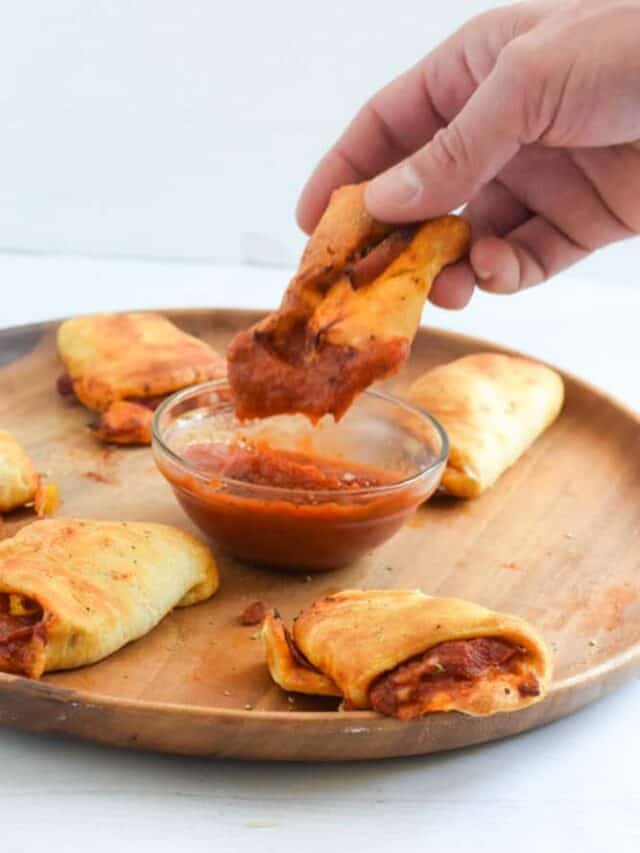
Why Cheat Days Are Bad
Should you have cheat meals or cheat days?
While the idea of “cheat days” are nothing new and may seem like an “innocent” way of sticking to your diet, they can prove harmful in more ways than one.
The execution of cheat days may vary from person to person, including how often they are allowed (ie – is it a cheat day once a week?), whether it’s a cheat meal or full day and what foods are designated “safe” to eat.
However, the cheat meal or cheat day is meant to be a different iteration than their normal “every day” eating plan.
Their normal eating plan is usually an iteration of the Wellness Diet. The Wellness Diet is a hyperfocus on foods that “diet culture” deems acceptable, and that create moralization around food.
Here are some reasons why cheat meals are bad and not recommended.
Negative Connotation
The word “cheat” in and of itself carries with it negative connotations, implying that you did something wrong or broke a rule.
There is no such thing as a healthy cheat meal. These intuitive eating tips for beginners can help explain why
Because of this, engaging in cheat days typically leads to feelings of shame or guilt, followed by a strong will to hop back on the diet train with even more restrictions until the next “cheat day” occurs.
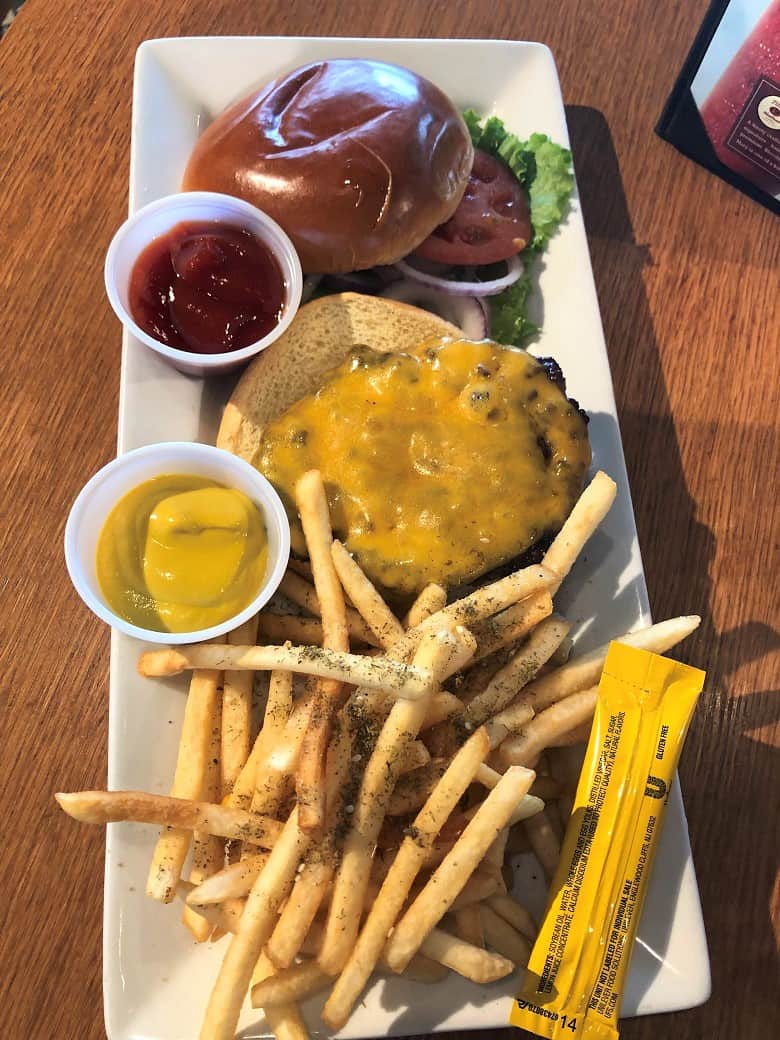
Shame or guilt should never be involved when thinking about food…unless you stole it. A top question googlers search is, “how to recover from a cheat day?”
Do you know why they’re searching this term? It’s because they think they have to pay a price for what they ate.
Our toxic diet culture makes them think that because they ate “indulgent” foods, they must not restrict. Or go back onto a strict diet.
But, guess that. This endless cycle plays a destructive role on psychological health and well-being.
Yes, even a cheat day once a week can be very harmful.
Moralization of Foods
One question I always ask clients is, “Why is this food okay on a “cheat” day but not in your regular eating routine?”
The answer is usually some sort of iteration of “healthy” or “unhealthy” food, or “good” or “bad” food.
We’ve all been led to believe that all processed foods are bad foods which isn’t the case.
As a Registered Dietitian, the last thing I want to do is categorize foods as “good” or “bad.” Creating a moral hierarchy of foods is dangerous for so many reasons.
Endless Diet Cycle
How do you typically feel if you “break” a food? Guilty or bad?
Feelings of shame or guilt around food, typically associated with “breaking a rule” or “cheating,” propagate an unhealthy relationship with food that usually leads to a binge/restricted repetitive cycle and a fear of certain foods.
This is a simplified diagram from Rebecca Scritchfield’s Book, Body Kindness (a great read if you haven’t read it).
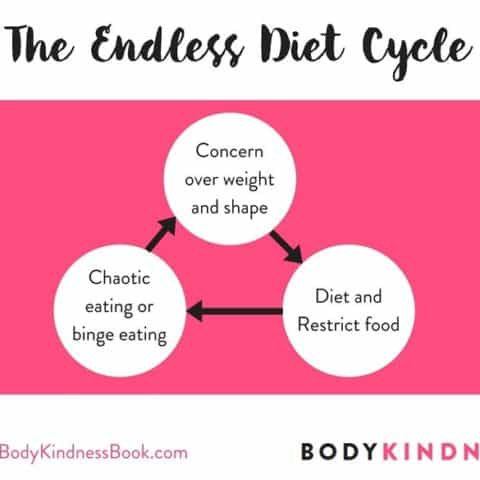
And the cycle just repeats itself as the person tries to be “good” and start over on a diet or eating lifestyle.
May Lead to Overeating and Bingeing
Research published in the journal, Appetite, acknowledges that cheat meals may have properties similar to binge episodes and can lead to disordered eating habits.
The all-or-nothing mentality is associated with overeating or bingeing. In other words, if you’ve already broken a few diet rules, what’s breaking a few more?
Why not continue with eating your favorite meals now, since you won’t be able to in the future?
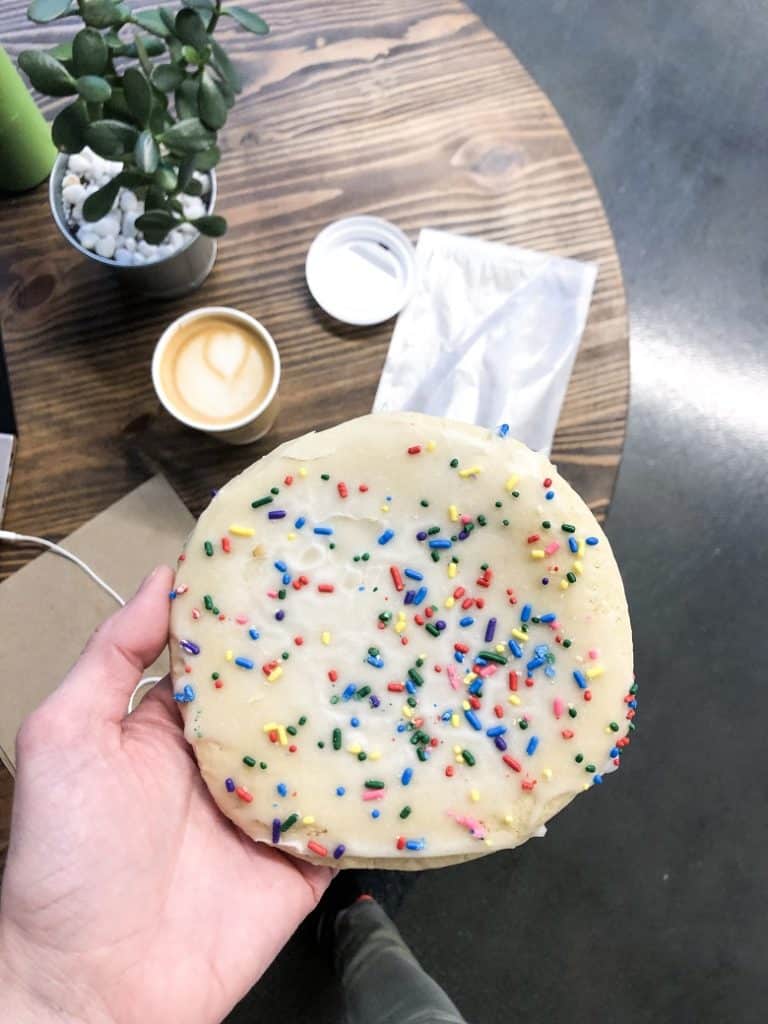
How Often Should You Have a Cheat Meal?
Even though we just went through why cheat meals are harmful, let’s talk this one through.
Maybe you came here wondering how often you should have a cheat meal.
Let’s say you’re “eating clean” throughout the week (which usually means very restrictive and following several food rules.)
Then, Saturday comes along, which is your designated “cheat day.”
You’ve allowed yourself to indulge, even though you’re starting to feel physically full and don’t really want more food. You eat until you have a stomachache because you won’t allow yourself to eat these foods once Monday comes around.
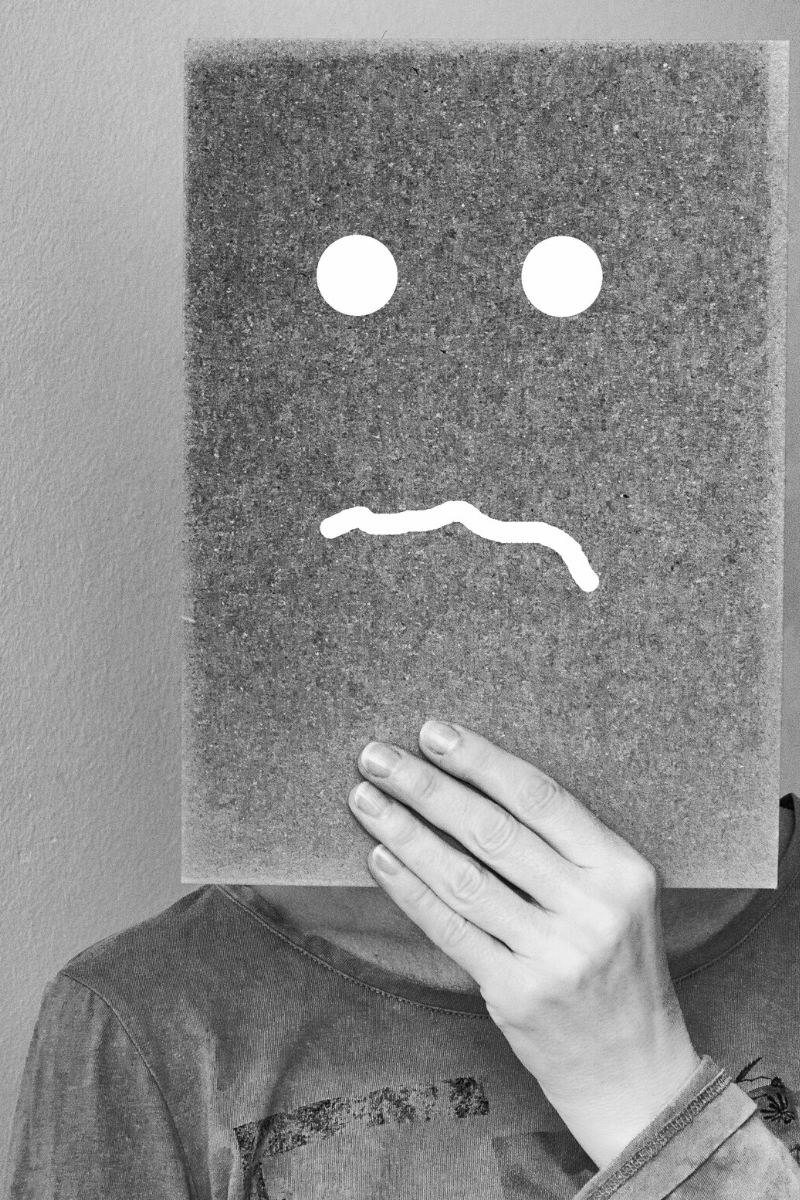
You feel guilty and shameful for eating so much, which immediately plays into your mental state of mind, ruining the rest of your weekend, while emphasizing the “bad” foods that you ate.
What To Do After a Cheat Meal
This is another harmful part of the cheat meals mentality. What do you do after?
Well, Monday comes around and you’re back on your “clean eating” kick, but now, it’s stricter than the previous week.
This restrict/overeat cycle continues and gets more and more dangerous, physically and mentally, especially as one continues to further restrict or make up for “cheat day” choices.
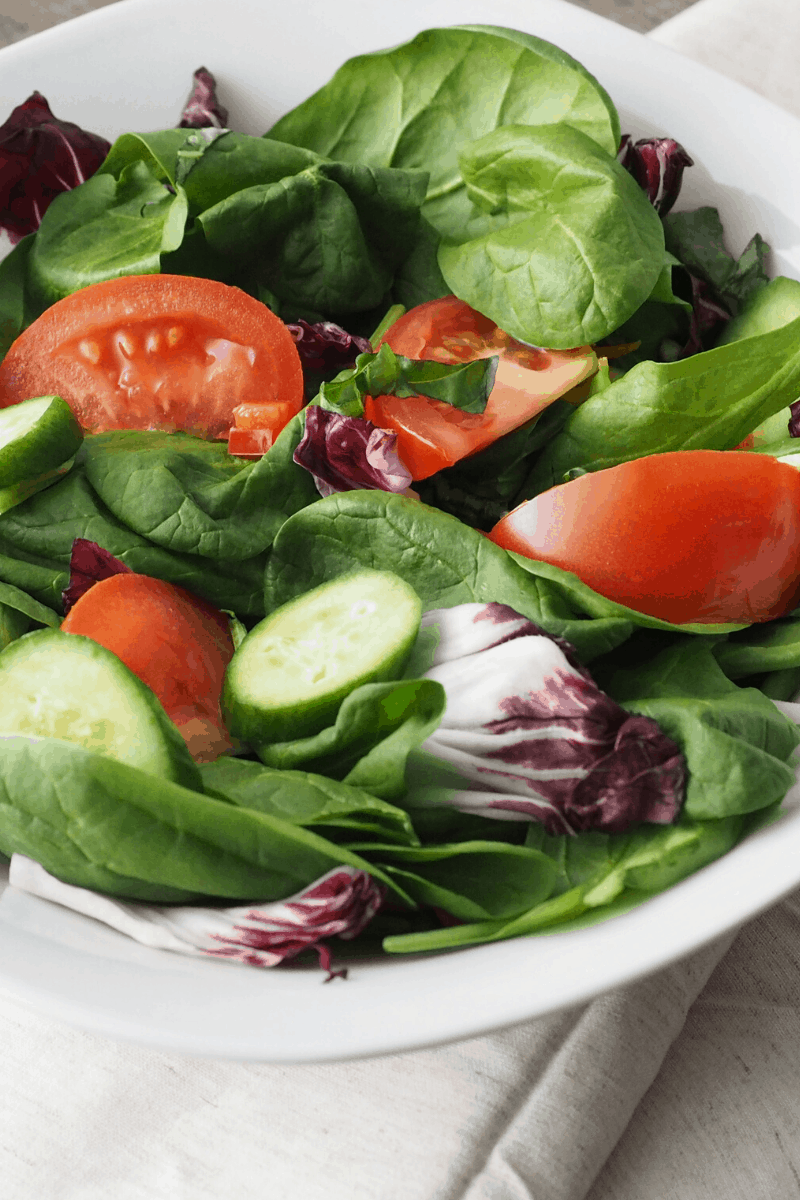
You feel light years away from learning to honor your hunger and recognize fullness, because instead, you’re ignoring hunger and eating minimally to “make up for” your weekend choices.
Have you tried connecting with the intuitive eating hunger scale?
This black-and-white thinking takes a person out of the present.
Rather than making food choices based on intuition, a person is choosing foods simply because it’s the one day to do so.
So, how else could or should we approach food?
How to Not Do Cheat Days
If you’re looking for the opposite of a cheat day, here’s what you can do.
Look at Foods Neutrally
we can learn to put all foods on a neutral playing field.
In the book Intuitive Eating, authors Evelyn Tribole and Elyse Resch acknowledge that some foods have more nutritional properties than others.
That doesn’t make them morally superior. It just means they have different nutritional properties. Which is just “cool,” not good or bad.
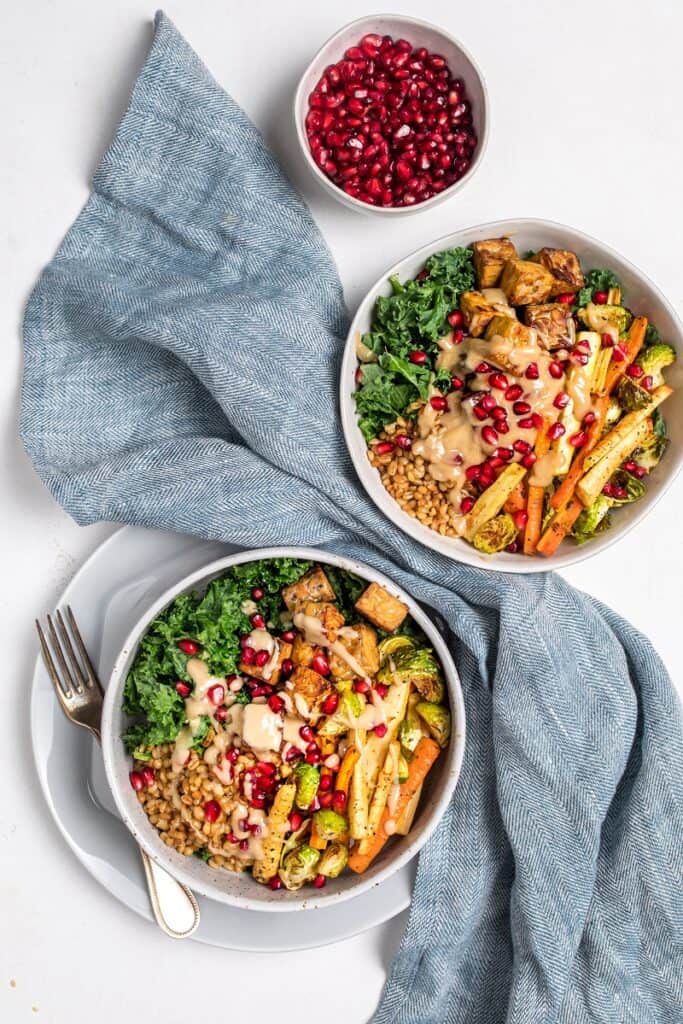
We talk about this in much more detail in my ebook, Simplifying Intuitive Eating.
All food has a purpose – whether it’s for nutrition, for comfort, for social enjoyment, for pleasure, or just to taste something.
The curiosity aspect is huge in intuitive eating!
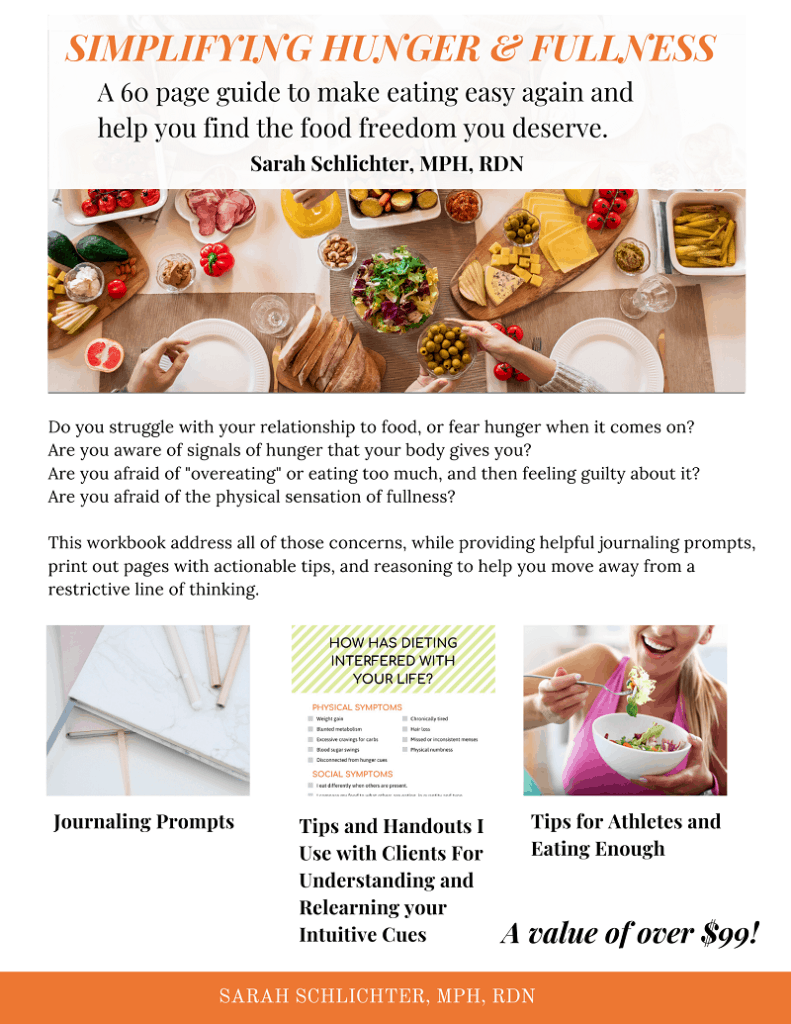
Try allowing yourself to eat foods you like and enjoy, when you want to eat them.
Remember that intuitive eating is not a diet. There’s no right or wrong way to do intuitive eating.
Allow Hyperpalatable Foods to Become Normal So They’re Less Exciting
When we take the black and white thinking out of food, we take away the “good” and “bad” adjectives, and in turn, normalize our food decisions, rather than sensationalize them.
Therefore, if we allow all foods into our “normal” diets, there is less excitement and build up when we eat those foods.
As we become more habituated to them, our excitement response decreases, and we may eventually decide we don’t want those foods as much as we used to.

Furthermore, this typically limits the amount of time or “brain space” people spend thinking about food.
If you’re spending a great amount of brain space worrying about food and its nutritious properties, it may be time to examine your relationship with food.
Think About Your Values Around Food
Are you someone who really enjoys the social aspect of food and getting together with others over a good meal?
Maybe barbecues and get-togethers and having friends over for dinner or going out to brunch really light you up.
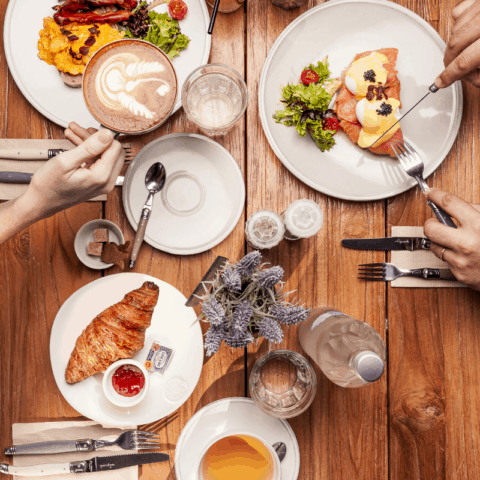
Are you someone who really enjoys certain “indulgent” foods, making memories and enjoying experiences around food?
If you’ve answered yes to any of the above, it’s likely that cheat days and restrictive eating are not in alignment with your values.
Some questions you can ask yourself to explore further include:
- What else could you be devoting precious brain space to?
- How is worrying about food affecting other areas of your life, like your relationships, your hobbies and activities, or your children?
- What would life be like if you could eat your favorite food whenever you wanted?
- How important is it to you to be able to have a good relationship with food and experience enjoyment and comfort in food?
I hope this post has been helpful about understanding why cheat meals are not okay.
You may enjoy these other posts!
Support Bucket List Tummy




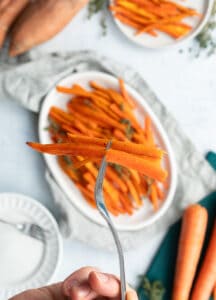


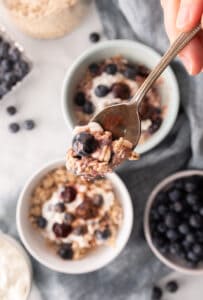

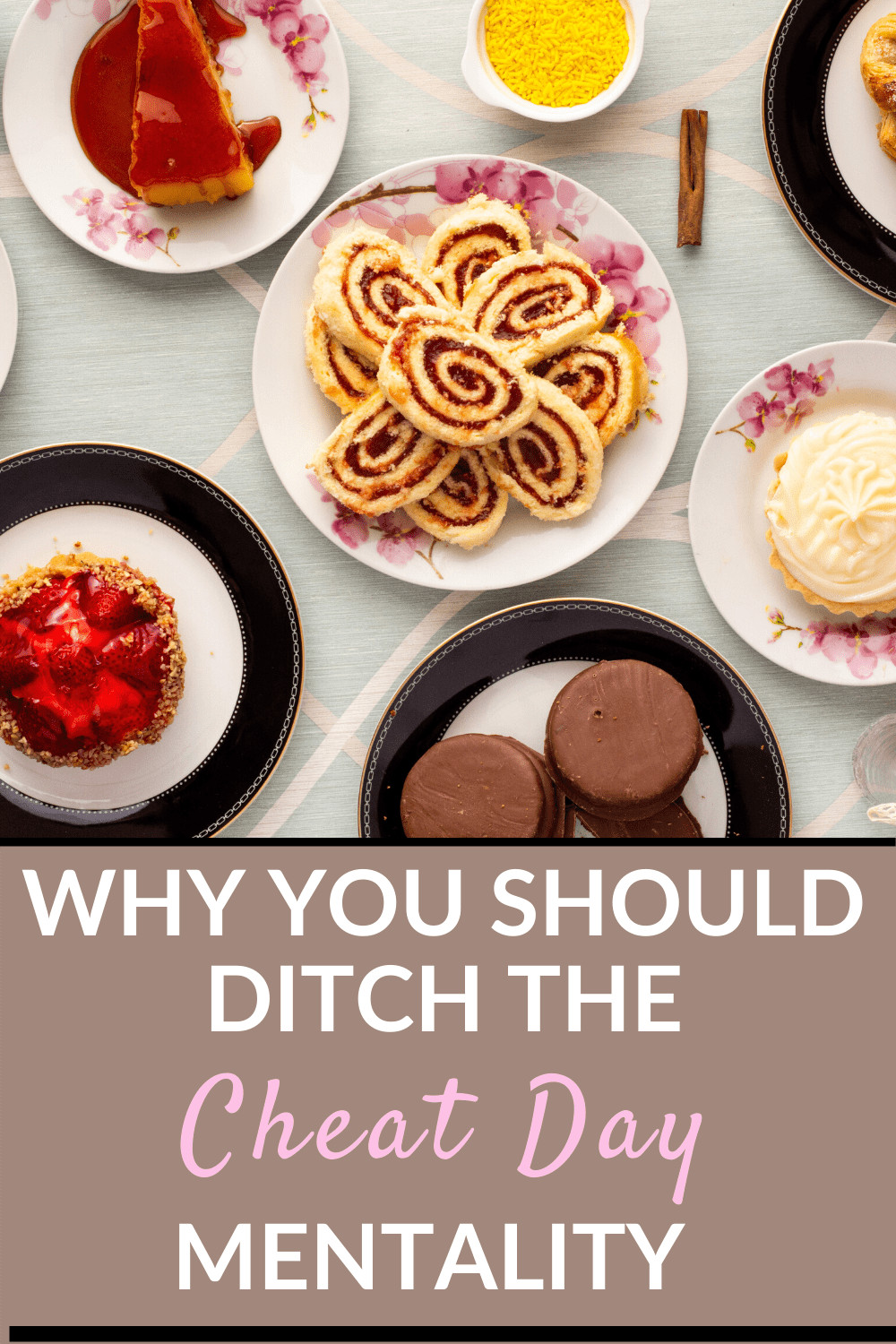

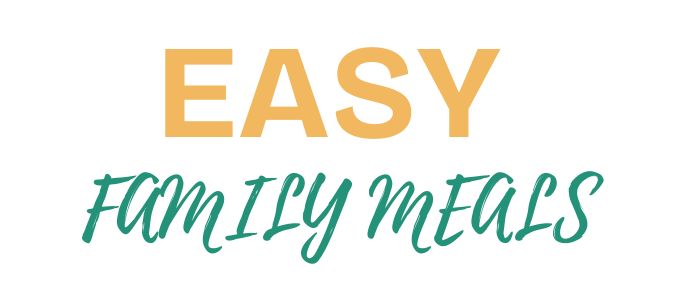
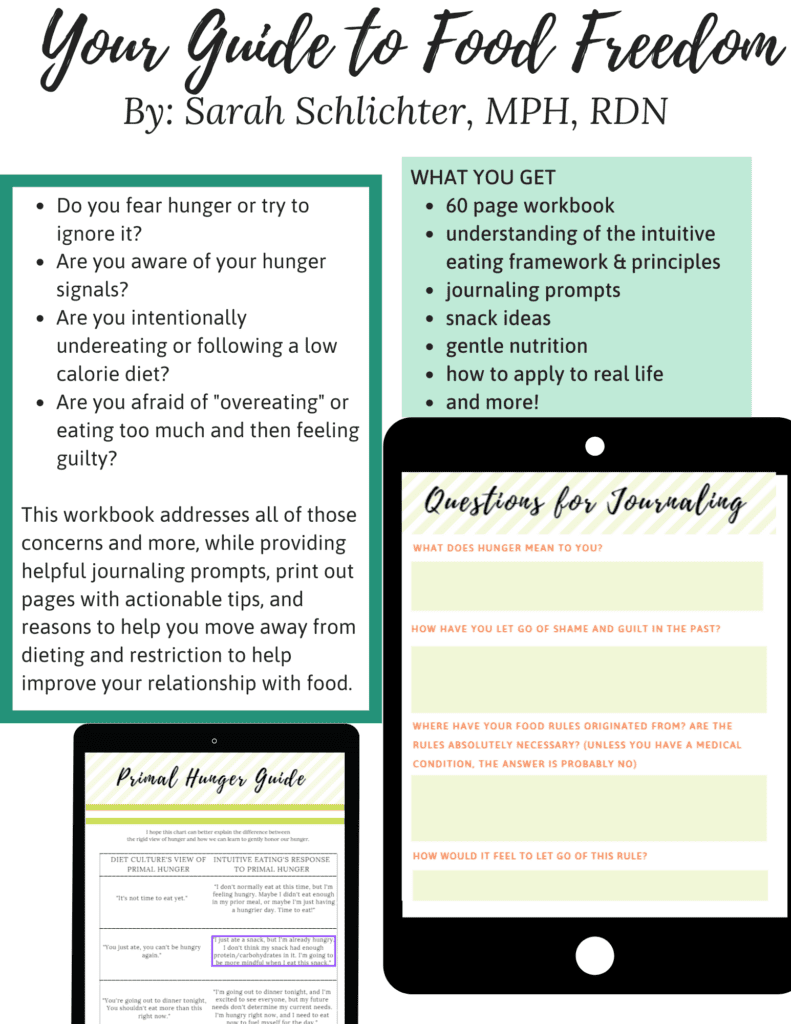
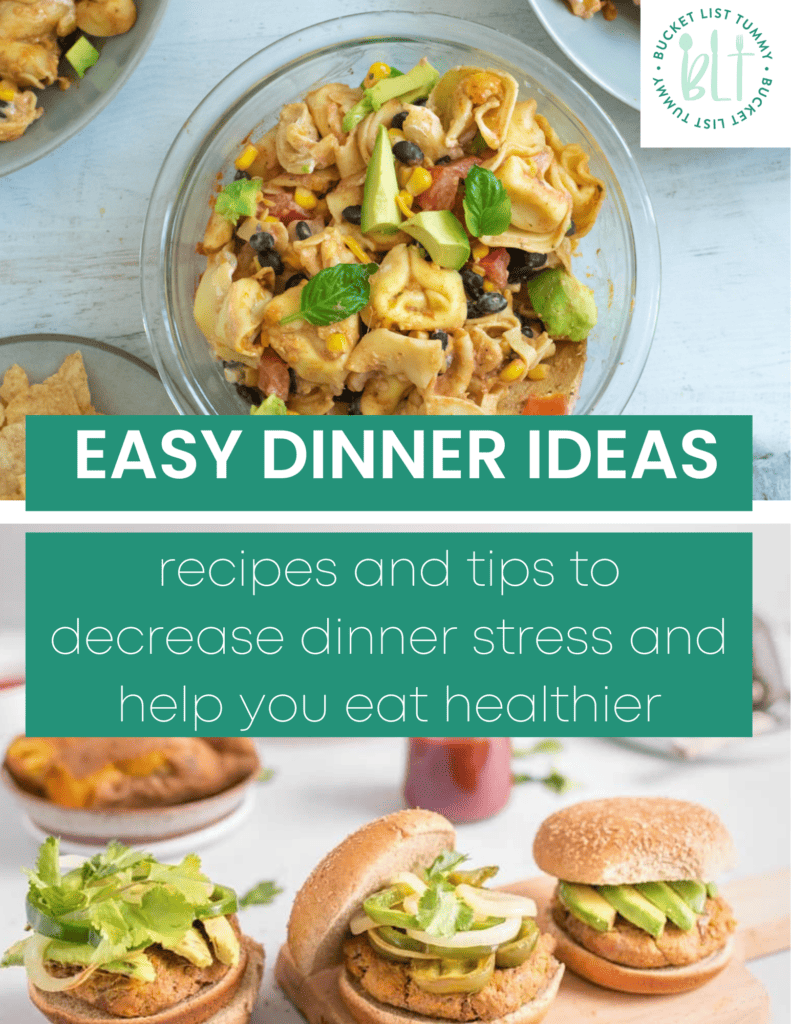
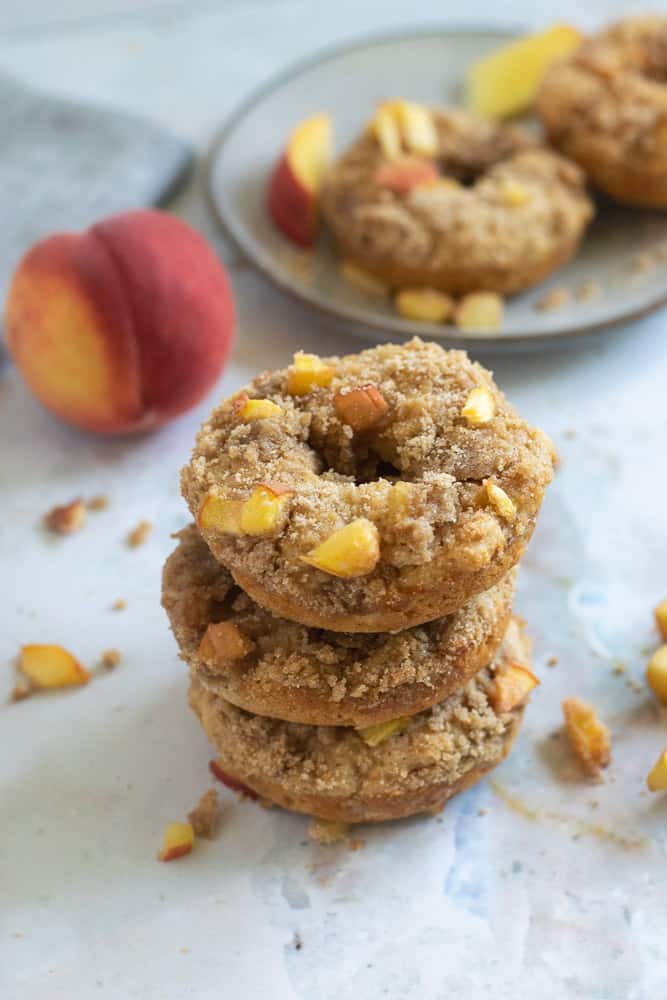
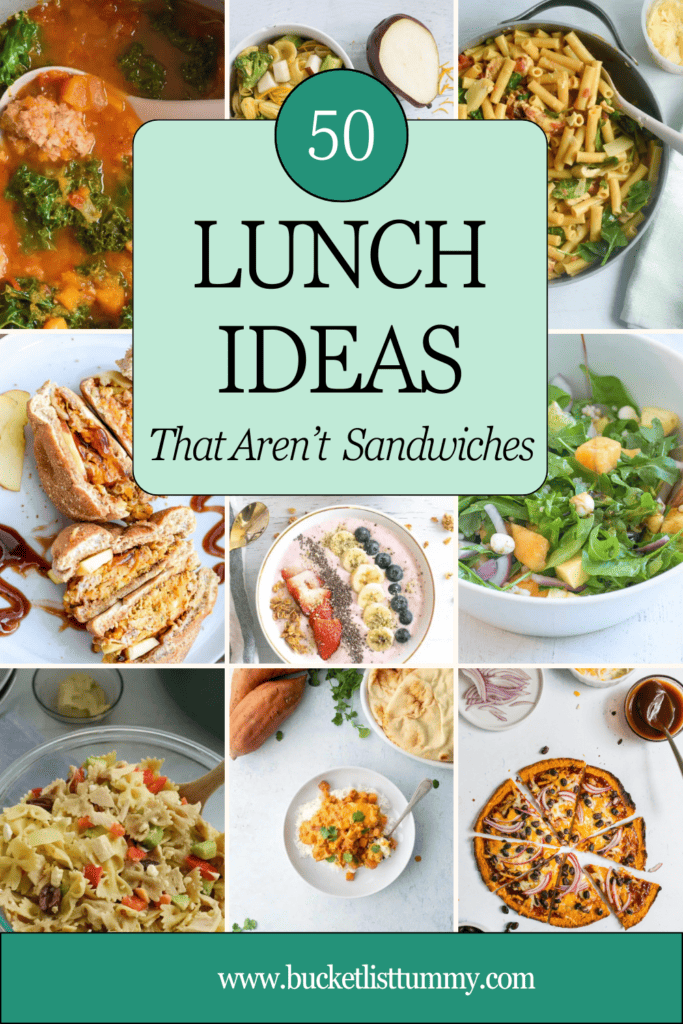
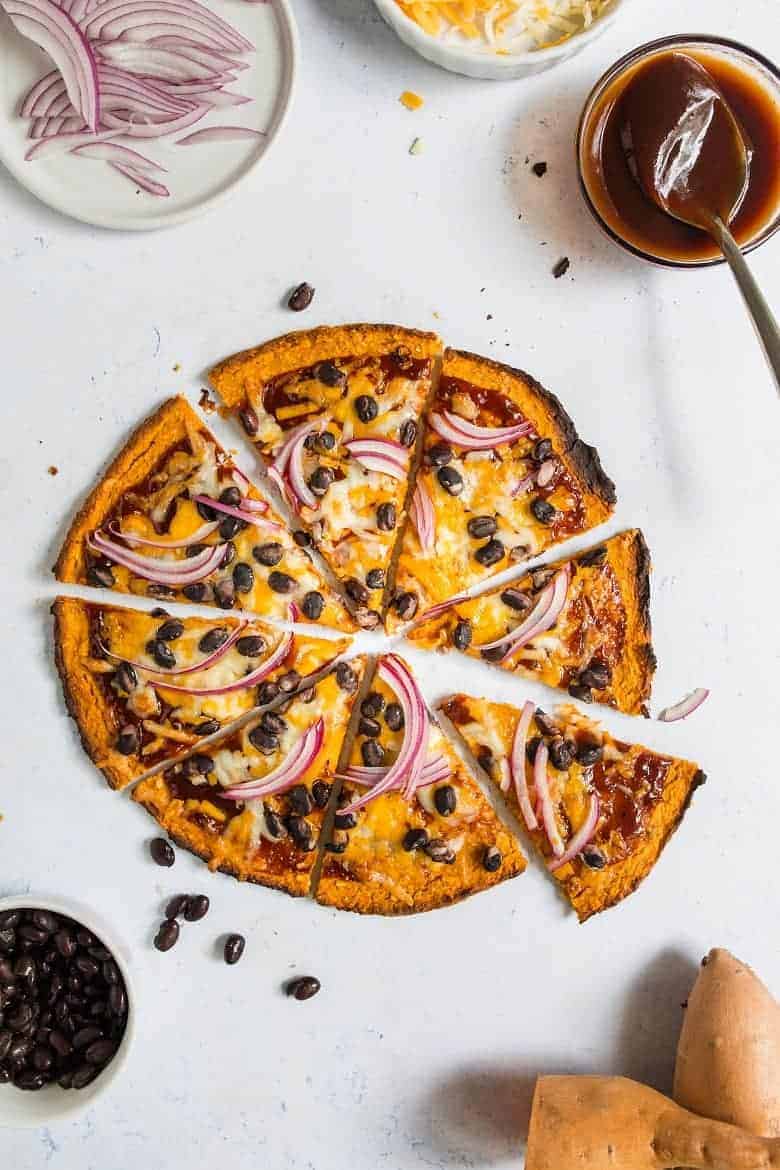
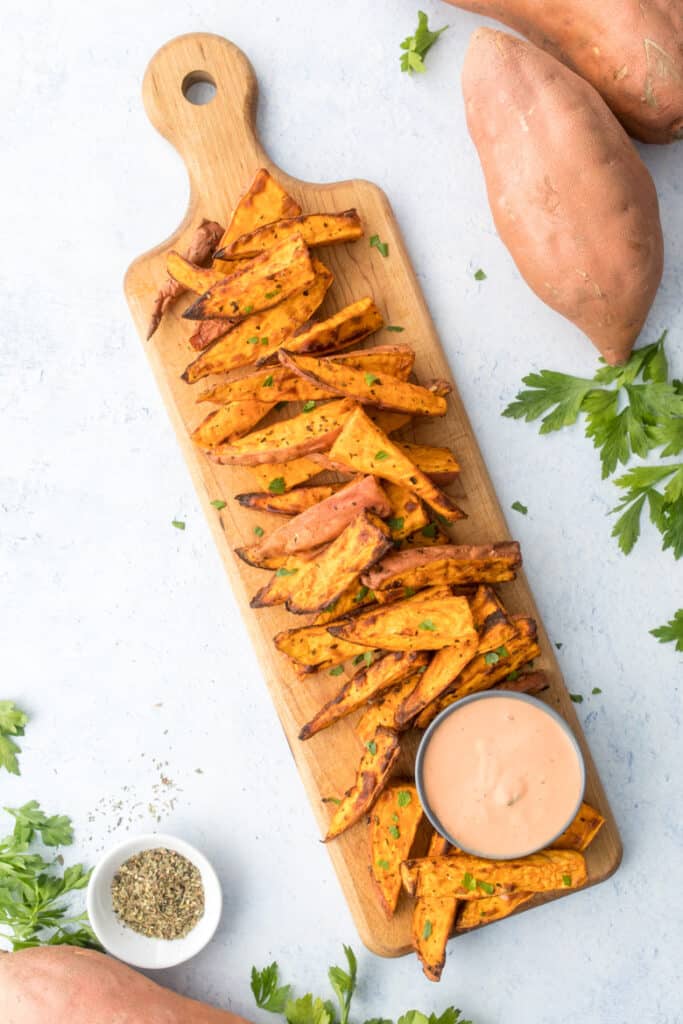
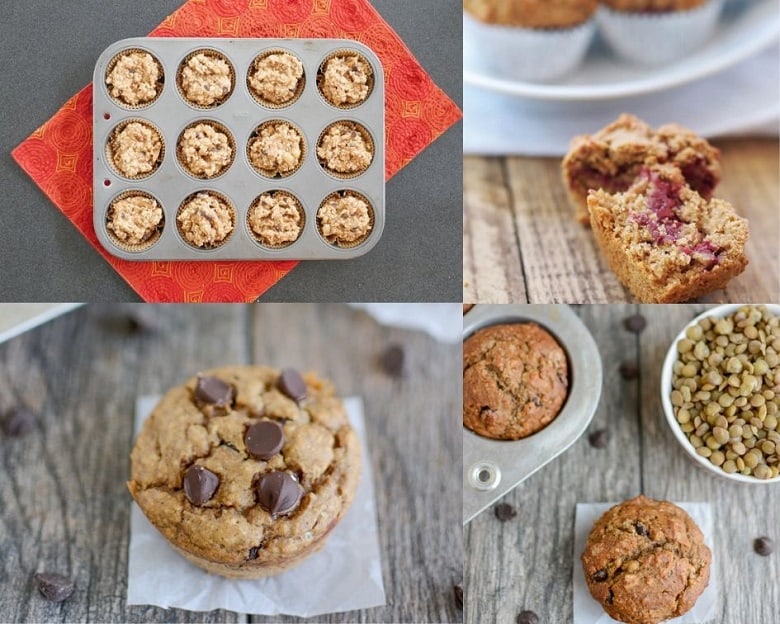
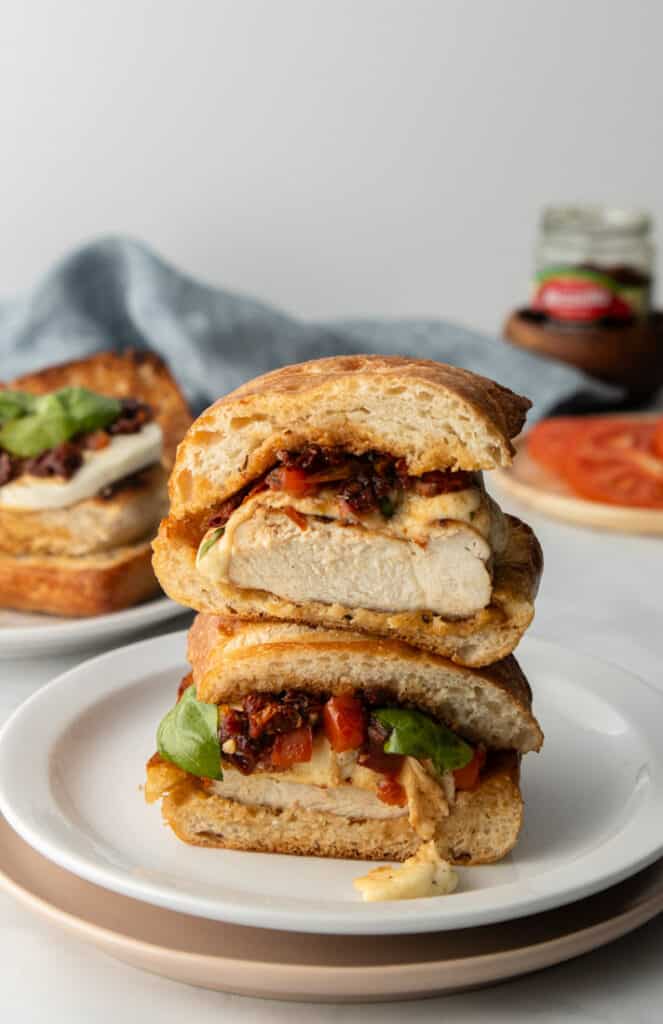
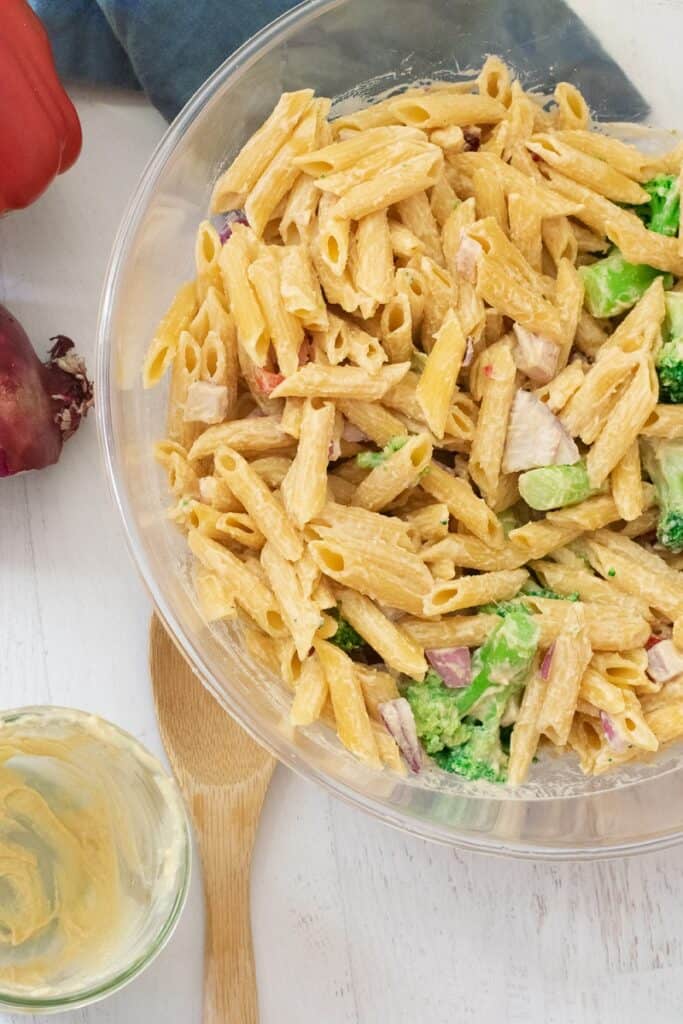
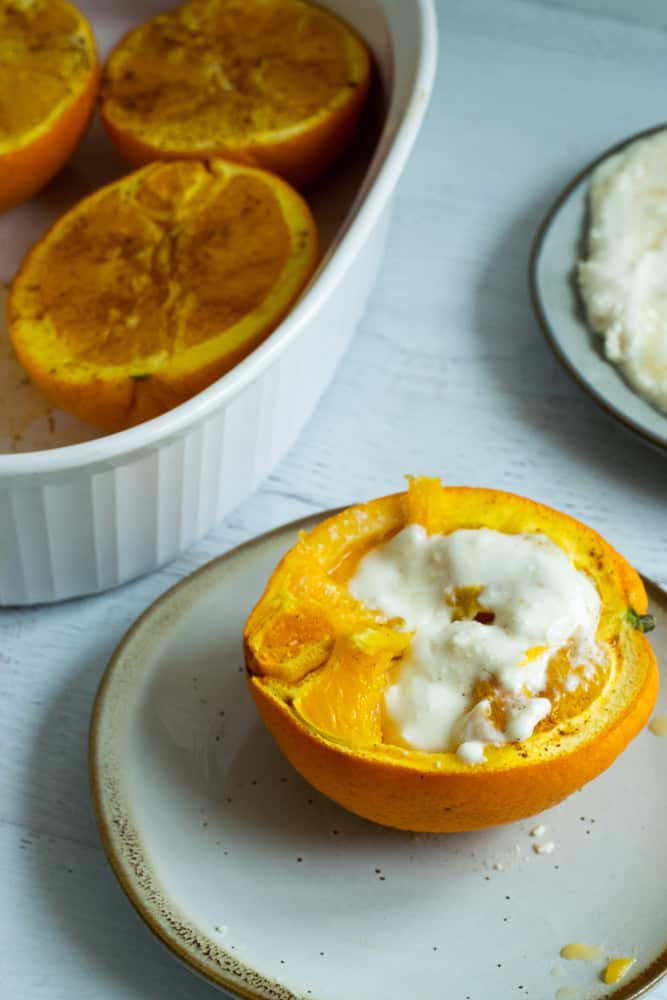
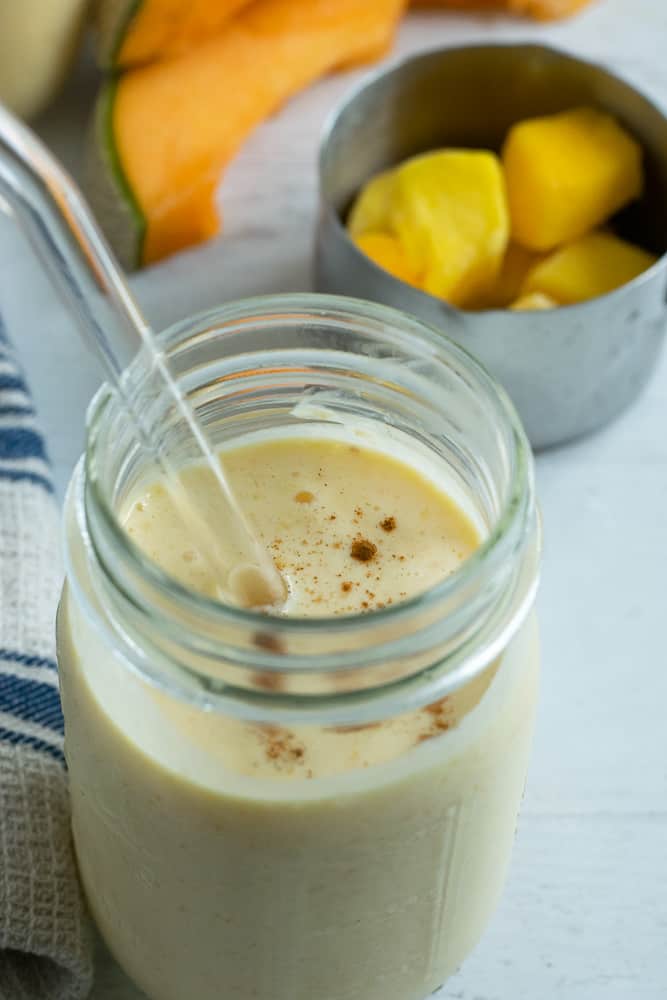
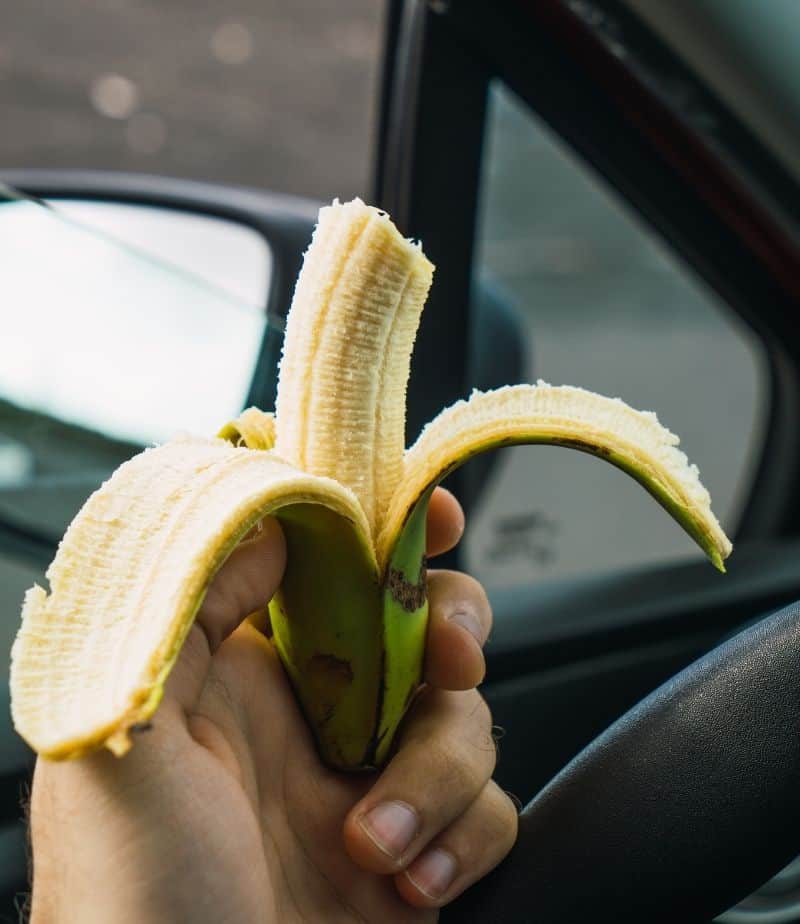
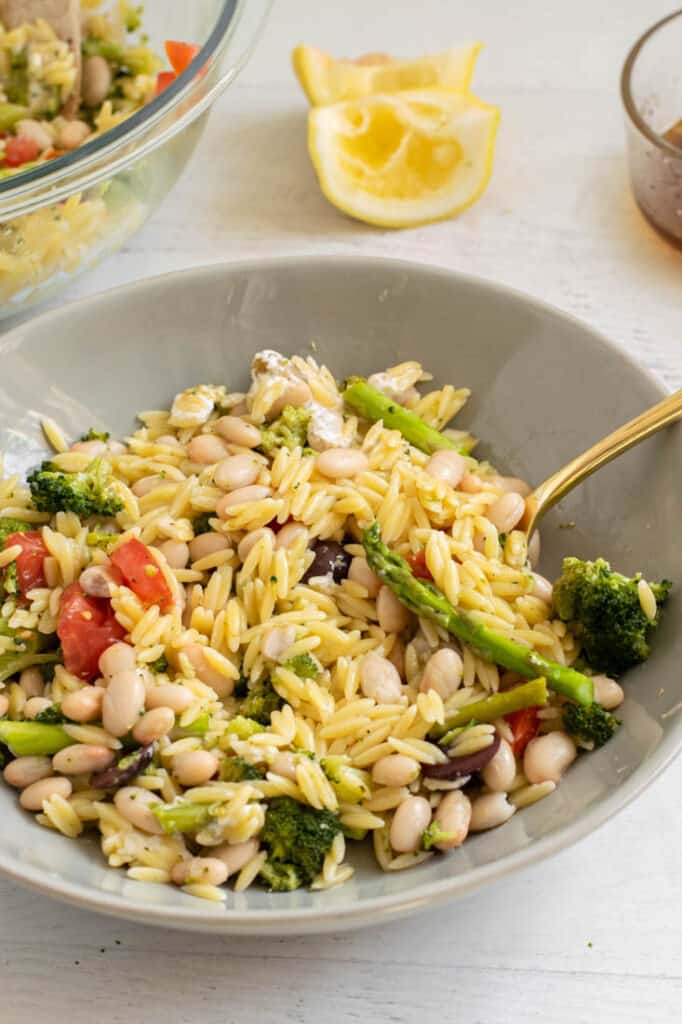
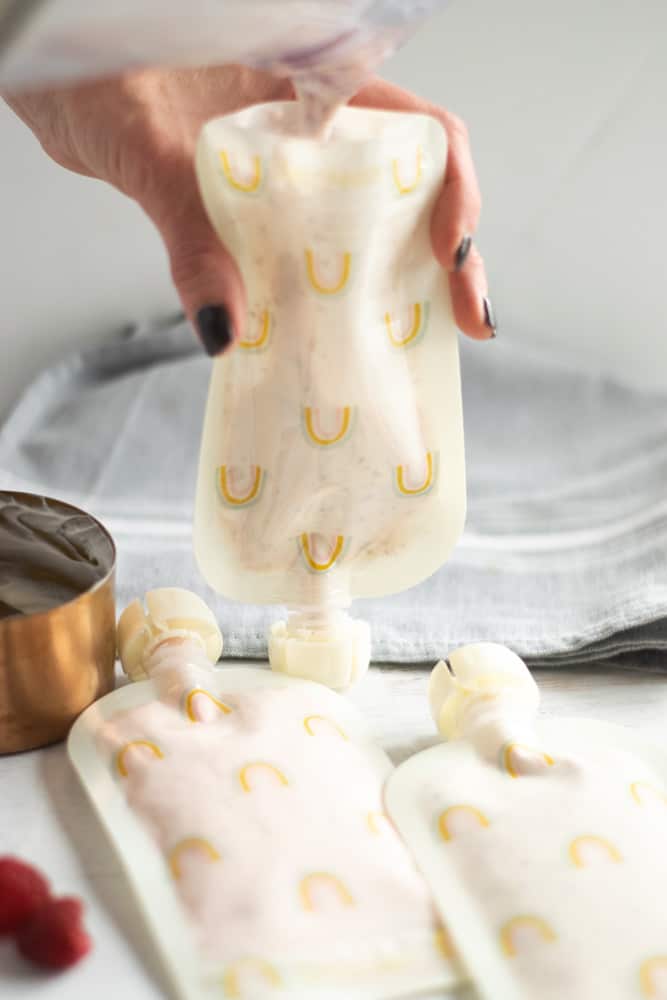
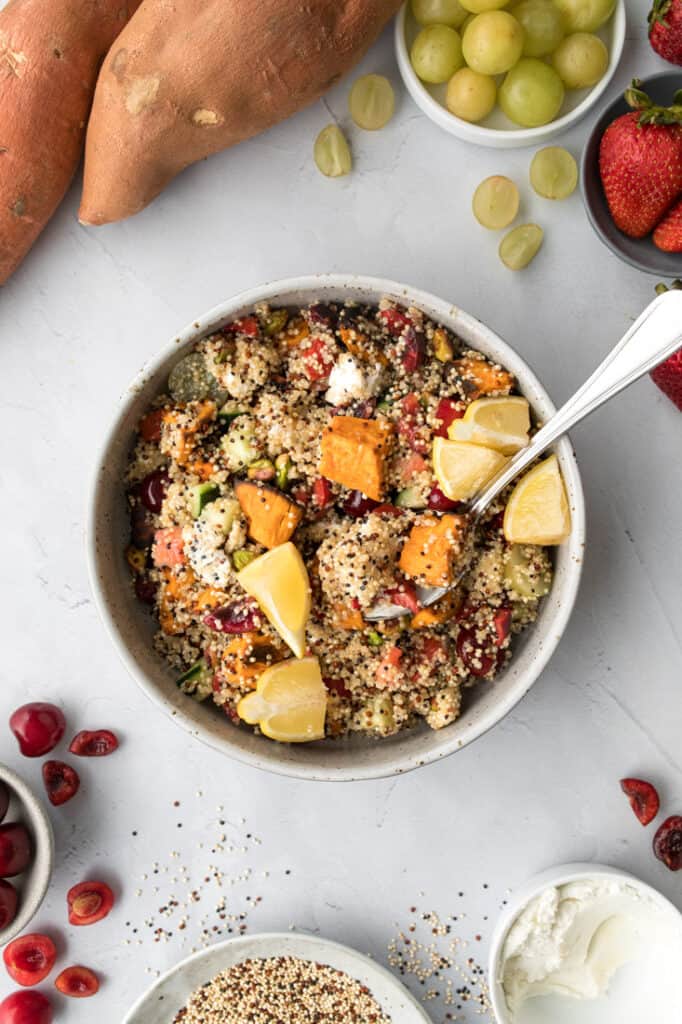

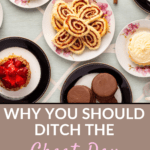
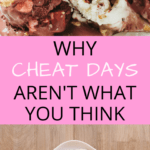
Like This Content?
Support Bucket List TummyCheat meals/days are so cringey at this point that I hope people realize you can eat a cookie mid week and you’ll be totally okay.
I hope so too – but many people just aren’t there yet due to diet culture. I hope this message helps!